
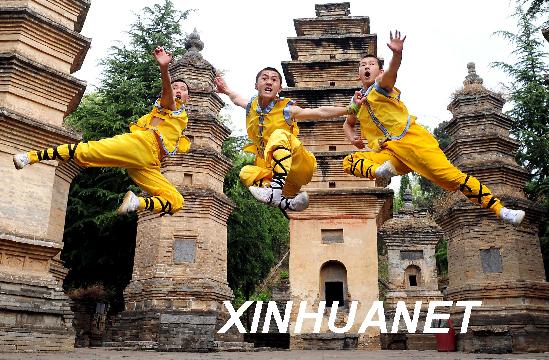 |
| (xinhuanet) |
Key Words: Kung fu; Wushu; martial arts; Shaolin Temple; movie; film
Related:
>> The 'artificialness' in Chinese movies
>> Martial arts need more followers
>>Chinese martial arts promoted in schools
Gap between real kung fu and that seen on screen extremely wide
Kung fu movie-goers must have long ditched the fantasy of real kung fu and those flashy moves presented in the movies. Though there have always been a few films that have tried to approximate the real thing, like Enter the Dragon and The Way of the Dragon starring Bruce Lee, or Ip Man starring Donnie Yen, and the most recent one, The Grandmaster, there are still exaggerations and special effects added in.
By drifting away from real kung fu, these films have on one hand stirred up people's interest in traditional Chinese martial arts (or wushu), while on the other hand they have wrongly impressed audiences with what they are capable of.
Approximation at best
In 1982, kung fu film Shaolin Temple starring Jet Li swept China with a total box-office tally reaching over 100 million yuan ($16 million), while the ticket price back then was only 0.1 yuan. By impressing so many millions about Shaolin kung fu, the film, in a way, redefined what Chinese kung fu meant among common people.
Now The Grandmaster is marching its way to success both at home and abroad. Its box office in the mainland now has reached 250 million yuan and it will be the opening film for the Berlin Film Festival starting February 7. As the film's director, Wong Karwai, prepares to serve as president of the jury in Berlin, he has drawn further comparisons with the genre's standard-bearer made three decades ago.
"This is the one that most authentically presents Chinese wushu since Shaolin Temple," said Wong, "I believe The Grandmaster opened a door for more audiences to know and love Chinese wushu."
"I thought [The Grandmaster] mostly reflected Chinese kung fu from the Republic of China period (1912-49)," said Zeng Hairuo, director of Kung Fu, a documentary now in production that is trying to record every existing kung fu style across China.
"However, it is still a film. Besides the special effects applied, it was set in a certain historic period when China was weak and under the invasion of foreign powers. In this case the kung fu expressed in the film was from practitioners with great patriotism and sense of responsibility to save the country," Zeng told the Global Times.
"Times have changed, and the kung fu styles used in the film are very different from the real ones of today, either in the specific way they are practiced or in the spirit of those practicing them," he added.
 |
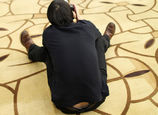
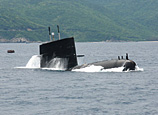
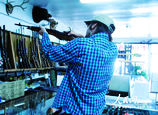
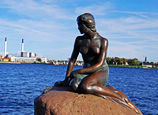

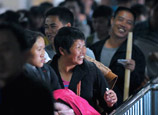

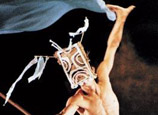
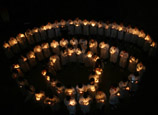
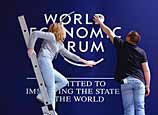






 Beijing fantasy emerges in dense fog
Beijing fantasy emerges in dense fog


![]()
